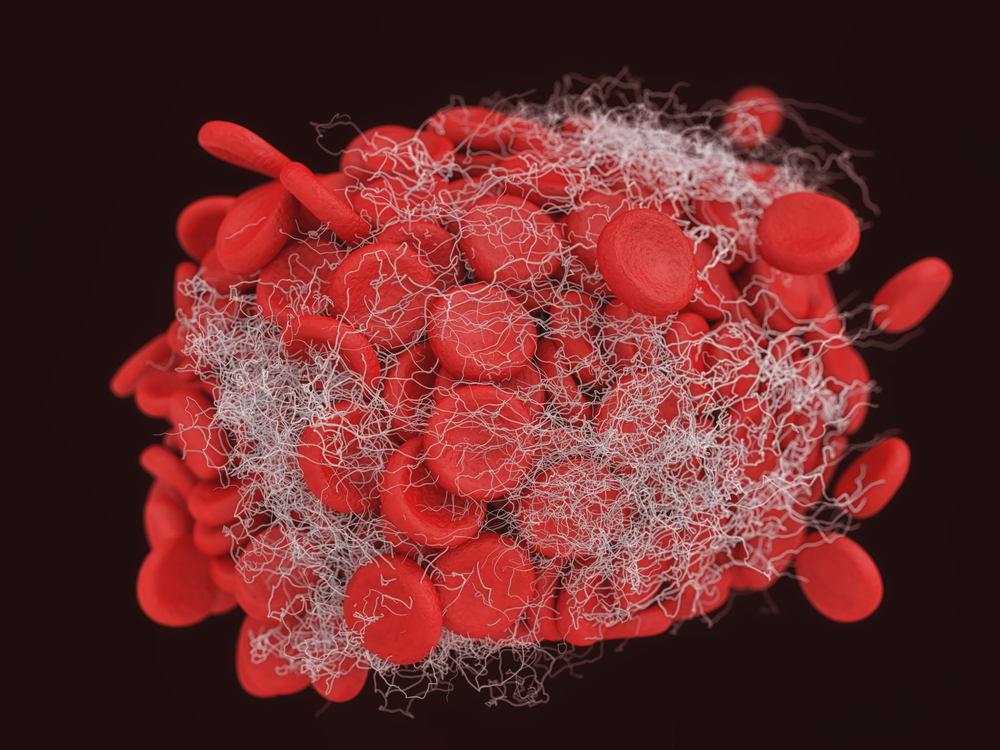Despite Protective Effects, Cardiovascular Disease Still a Risk in Moderate to Severe Hemophilia Patients, Study Finds
Written by |

Although moderate to severe hemophilia patients are generally protected against the development of cardiovascular disease, cardiovascular-related events can still occur in this patient population, a study reports.
These findings suggest that efforts should be made to prevent cardiovascular disease in hemophilia patients who have risk factors associated with the condition.
The study, “A cross-sectional analysis of cardiovascular disease in the hemophilia population,” was published in the journal Blood Advances.
Hemophilia A and B are bleeding disorders caused by an absence or decrease in the levels of the coagulation factor VIII (FVIII) or factor IX (FIX), respectively.
Out of the 14,990 men with hemophilia A or B in the American Thrombosis and Hemostasis Network data set, 14.5% are 50 years or older. Because the risk for cardiovascular disease increases with age, it is important to study this condition in older hemophilia patients.
Many cardiovascular events occur when a blood vessel is blocked — most often by a blood clot. Because of low levels of the FVIII and FIX clotting factors, hemophilia patients are thought to be more or less protected from these issues.
However, recent evidence suggests that hemophilia patients can suffer from atherosclerosis, or plaques in the arteries, at a similar rate as the general population. Furthermore, risk factors that contribute to cardiovascular disease, such as hypertension, or high blood pressure, are frequently present in men with severe hemophilia.
To date, most studies that have investigated the relationship between cardiovascular disease and hemophilia have evaluated patients at all levels of hemophilia severity. Very few studies have focused only on patients with moderate and severe disease, who would theoretically have the most protection.
Therefore, researchers conducted a study to determine the prevalence of cardiovascular disease and risk factors in older men with moderate and severe hemophilia in the United States. They evaluated 200 patients, between the ages of 54 and 73 years old, at 19 U.S. hemophilia treatment centers.
Similar to other studies, results showed that cardiovascular disease risk factors were common in men with moderate and severe hemophilia. In particular, more than 50% of the participants had dyslipidemia, an abnormal amount of fats in the blood, and hypertension. Additionally, nearly one-third of the patients were obese.
Interestingly, researchers found that only 36% of patients with hypertension in the study were receiving antihypertensive medication.
“It is important that hemophilia treaters inform patients and their primary care providers of the increased prevalence of hypertension in hemophilia, screen for hypertension at hemophilia clinic visits, and facilitate appropriate care,” the authors wrote.
Next, researchers investigated the overall rates of cardiovascular disease in this patient population. Results showed that 15% of hemophilia patients had cardiovascular disease, compared with 25.8% of men of similar age. Therefore, hemophilia patients have significantly less cardiovascular disease compared with age-matched controls, suggesting a protective effect.
However, the authors said, “on an individual patient level, CVD [cardiovascular disease] events occur and efforts to prevent cardiovascular events are warranted.”
Researchers suggest that secondary preventive therapy should be considered for men who have risk factors for cardiovascular disease, including statins for patients with dyslipidemia and low-dose aspirin for patients with hypertension.


